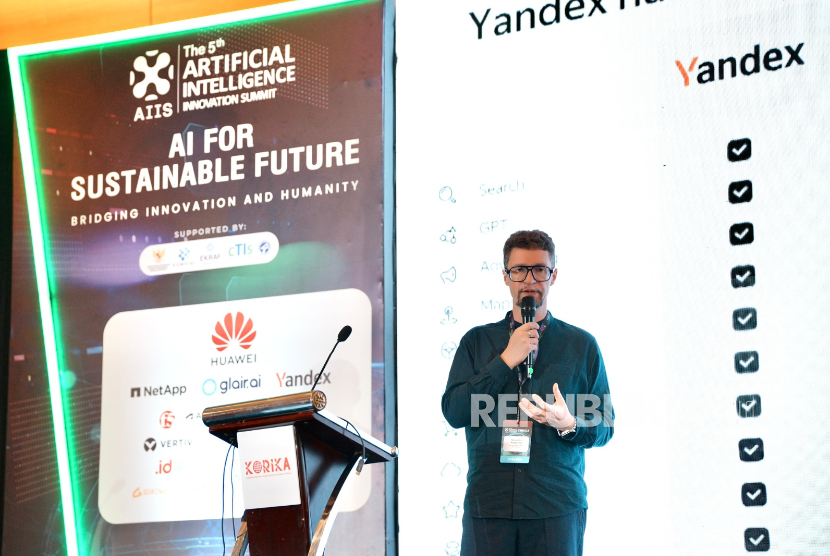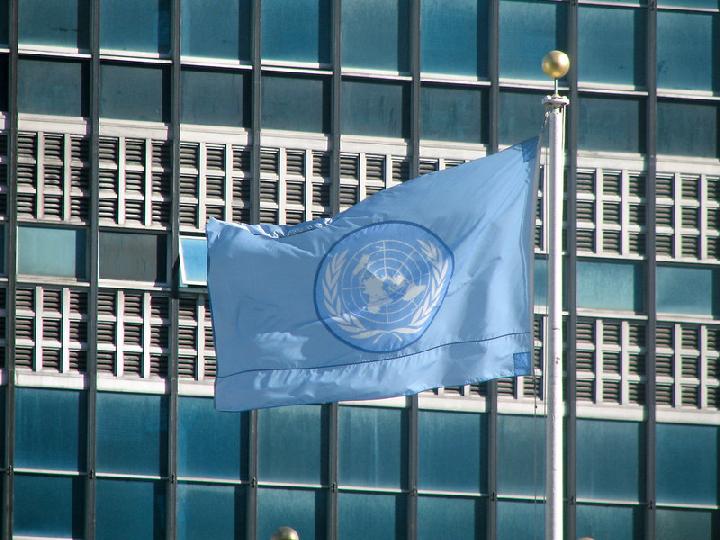By: Pier Paolo Raimondi, Catholic University of Sacred Heart, Milan
The European Union’s pursuit of climate neutrality by 2050 needs a comprehensive approach that integrates social considerations into industrial decarbonisation strategies. As Europe doubles down on its race to net-zero, the question of who bears the cost is becoming harder to ignore. Without a social dimension, governments will fail to deliver and implement climate policies due to a lack of political support.
While decarbonisation promises cleaner air and a more resilient economy, the road ahead is steep — particularly for workers and communities tied to energy-intensive industries (EIIs).
Steel, cement, aluminium, and chemicals — pillars of Europe’s industrial base — are also among its biggest emitters. For those who rely on these sectors for jobs and regional prosperity, the green transition threatens to hit hardest.
To manage this delicate balancing act, the European Union has increasingly embraced the concept of a “just transition” — an effort to ensure that the shift away from fossil fuels does not deepen social inequality or leave vulnerable regions behind. But with industrial competitiveness under pressure and global energy geopolitics in flux, delivering on that promise is proving a formidable challenge.
A framework that falls short?
The EU’s flagship initiative for this effort is the Just Transition Mechanism (JTM), launched in 2020 to help coal-dependent regions diversify their economies, retrain workers, and attract green investment. The mechanism aims to mobilise up to €55 billion by 2027, including a dedicated fund, investment guarantees, and loans for public projects.
While the JTM marked a major step in addressing the social dimension of climate policy, many experts argue it still falls short of the scale required. Its narrow territorial focus excludes other heavily affected industries — like EIIs — that are equally exposed to decarbonisation pressures. In sectors where emissions are deeply embedded in production processes, the risks of job losses and industrial offshoring remain high.
Furthermore, the JTM’s reliance on national co-financing has highlighted stark disparities in fiscal capacity between richer and poorer member states. As a result, some governments may struggle to implement ambitious transition plans, especially in economically fragile regions already grappling with inequality and unemployment.
The case for a social industrial deal
What’s missing, many argue, is a more integrated European approach that connects decarbonisation to social investment and economic resilience. The European Commission’s recent proposal for a Clean Industrial Deal is a step in that direction, focusing on scaling up green technologies, boosting supply chains, and enhancing strategic autonomy. But its success depends on adding a vital counterpart: a social industrial deal.
Such a deal would broaden the current policy scope to include not only coal regions but also energy-intensive sectors and automotive manufacturing, which face a drastic industrial transformation due to climate targets, automation and global competition. It would also require new financial resources to fund retraining, workforce mobility, and inclusive innovation—ensuring that the green economy is not just cleaner, but also fairer.
Importantly, any new funding must address the disparity in fiscal capacity across member states. As the EU prepares its next Multiannual Financial Framework, embedding the social pillar in climate and industrial policy will be critical to avoid a two-speed transition across the continent.
Moreover, Europe’s labour data and green job classifications need urgent improvement. Without accurate metrics and forecasting, policymakers risk making decisions in the dark—undermining the effectiveness of social and employment measures meant to cushion the transition.
Exporting the just transition
Beyond its borders, the EU is increasingly aware that the success of its climate agenda hinges on international cooperation. Clean technologies rely on global supply chains, and Europe’s demand for green hydrogen, critical minerals, and solar components is fuelling new geopolitical dynamics. In this context, the notion of a just transition should not stop at Europe’s edge.
Two new instruments—the Clean Trade and Investment Partnerships (CTIPs) and the Trans-Mediterranean Energy and Clean Tech Cooperation Initiative—aim to strengthen Europe’s ties with renewable-rich countries, particularly in North Africa. These tools could help the EU secure access to green energy sources like hydrogen, while offering partner countries a stake in the value chain.
But the credibility of these efforts depends on what Europe brings to the table. Technology transfer, capacity-building, and fair financing are essential if the EU wants to move away from extractive relationships and toward genuine green industrial partnerships.
Building local manufacturing bases, supporting skills development, and setting shared standards can help create high-value export products—benefiting both Europe and its partners.
Italy and the Mattei Plan: A Mediterranean pivot
These European initiatives represent a window of opportunity for Italy, as Rome is seeking to amplify its foreign policy voice through the Mattei Plan—an initiative to strengthen energy and development ties with countries in the wider Mediterranean and Sub-Saharan Africa.
The plan’s stated aim is to forge more equal partnerships based on shared interests in sustainability, infrastructure, and economic opportunity. In practice, this means investing in renewables, supporting green industrialisation, and offering skills training to young workers in Africa’s fast-growing economies.
However, some critics argue that the Mattei Plan risks replicating old models of top-down engagement. Officials from the African Union and civil society organisations have voiced concerns that Italian and European priorities often overshadow local development goals.
Still, if truly rooted in mutual benefit, the Mattei Plan could serve as a template for embedding just transition principles into Europe’s external climate policy—one that goes beyond aid and trade to address structural inequalities in the global energy system.
A window for action
The coming months represent a key window for action. If the Clean Industrial Deal is to succeed, it must be matched by a robust and inclusive social framework—one that places people, not just emissions, at the centre of the transition.
Italy, with its geographic and diplomatic leverage, has a unique opportunity to lead by example. By aligning its Mattei Plan with broader EU goals and promoting coordinated investment strategies in Africa and the Mediterranean, Rome could help bridge the gap between Europe’s climate ambitions and its social commitments—both at home and abroad.
As the bloc races toward 2040 climate targets, the choice is no longer whether to act, but how to ensure that the transition is not only fast, but also fair.
Originally published under Creative Commons by 360info™.
*) DISCLAIMER
Articles published in the “Your Views & Stories” section of en.tempo.co website are personal opinions written by third parties, and cannot be related or attributed to en.tempo.co’s official stance.


















































